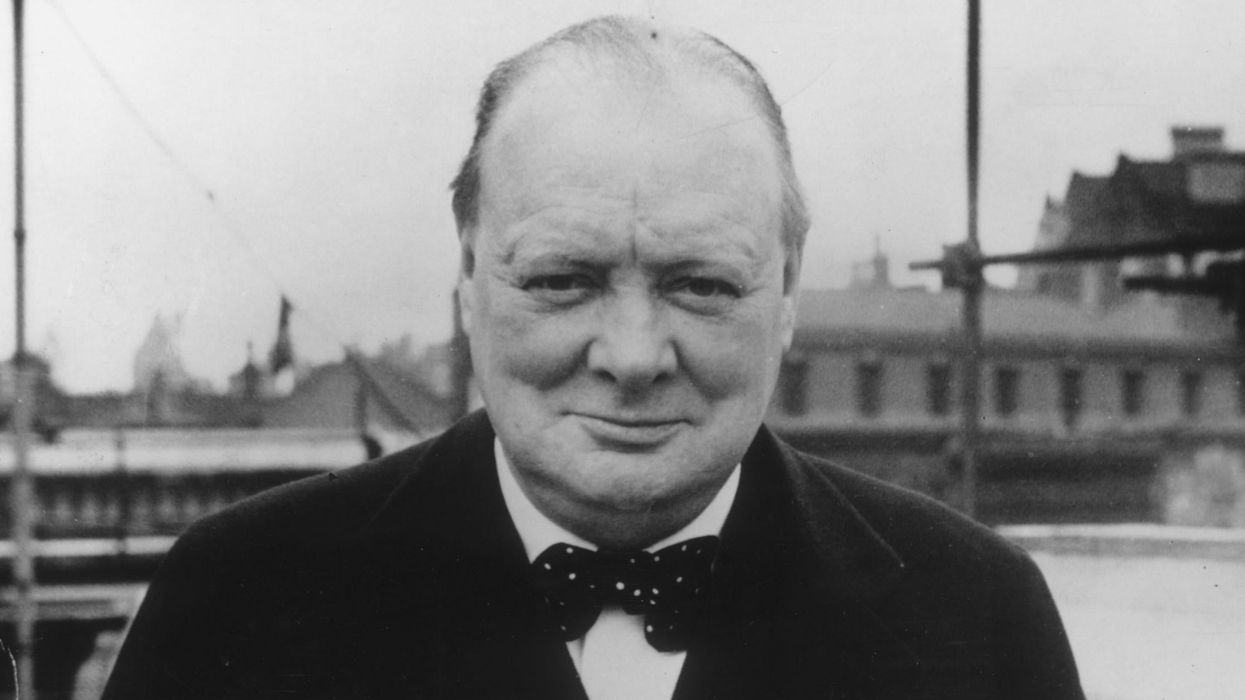News
Greg Evans
Mar 19, 2018

Picture:
Evening Standard/Getty Images
A historian has said former British Prime Minister Winston Churchill was complicit in things we would now consider war crimes.
David Olusoga was discussing Churchill, who is now branded as a hero for his leadership during World War II by many, at the Oxfordshire Literary Festival.
The 48-year-old said the more negative aspects of his career shouldn't be overlooked.
Pointing towards the Bengal famine in India of 1943/44 and his involvement in certain atrocities in Africa, Olusoga believes that Churchill should now be held responsible.
Olusoga is quoted by the Daily Mail as saying at the festival:
Certain people, we only want to hear the good things that they do. Certain events, we only want to hear the stories that we’re familiar with.
And other people want to tell different stories, so we have this conflict. I think these are the history wars we are having.
So while I’m personally glad that Churchill overcame Halifax in early 1940 and it was Churchill who faced the Nazis that year and the years that followed, that doesn't mean that he wasn't’ somebody that wasn't responsible, or largely responsible, for the Bengal famine [of 1943-44].
He went on to add that British culture and history should be more receptive of these facts and not turn a blind eye just because a person did something else in their lifetime that would be considered heroic.
It doesn’t mean that he wasn’t someone who took part in things we would consider war crimes in Africa.
It doesn’t mean that his views, the things he espoused, were shocking to members of his Cabinet, never mind to people at the time. Both of those things are true.
Both of those Churchills exist. We’re going to have to accommodate the fact that these things are true, and there are two sides to these stories and we’re not good at it.
Churchill has been back in the headlines recently after Gary Oldman won an Oscar for playing the Conservative Prime Minister in the movie biopic Darkest Hour.
In addition to his comments on Churchill, Olusoga stated that people who question the morality of statues celebrating the lives of controversial figures should not be branded 'snowflakes', and that countries like India and China haven't forgotten how they were treated by the British Empire in the past.
This came after an audience member admitted that she often felt humiliated when she cycled past a statue of Edward Colston, a renowned slave trader, in Bristol.
I think we’re struggling to come to terms with the fact that things we’re familiar with actually mean something to somebody else and it’s a real challenge.
Their voices are legitimate and their feelings mean something and they aren’t snowflakes and they aren’t trying to end history.
They have a real case. It’s partly because we get into this idea of heroes.
They haven’t forgotten. We don’t get the right to choose which bits we remember. This idea that these histories are dormant is naive. The holding back of the tide of acknowledging and apologising is doomed to the weight of what’s coming.
There are statues all over this country of people that have a different reputation in countries that are critical to our future.
Top 100
The Conversation (0)













